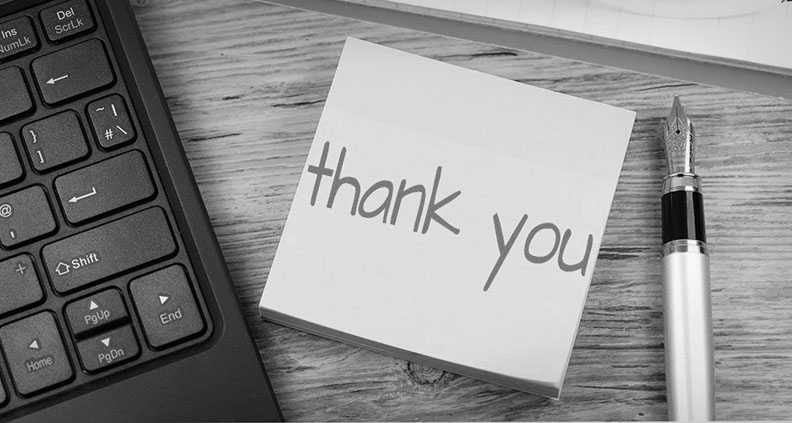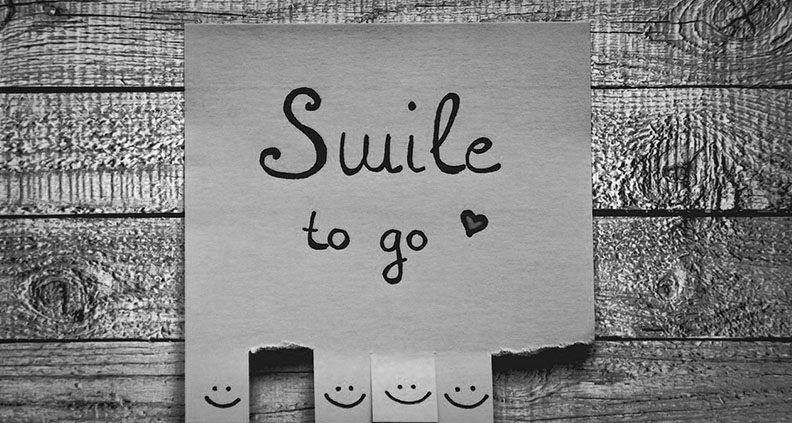From the Archives: Tips for Filmmakers to Avoid Bad Behavior Post-Pandemic
NOTE: The below piece originally ran in 2021. Special thanks to producer, speaker and guest author Stu Pollard, who will be returning to Film Independent January 10 for his semi-regular educational session Equity Financing 101. Wondering how to approach investors and pull together funding for your independent film project? This session is for you.
***
It may seem like forever since you’ve attended an in-person event, let alone a crowded one. Thankfully, those days are returning soon. And while we’ve all now got a pandemic to blame for rusty social skills, it’s worth noting that it was nearly a decade ago when Film Independent first approached me about developing a class on Producer’s Etiquette. They felt–and I agreed–that many in our community needed a regular refresher on basic manners.
I’ve taught the course annually ever since. So pandemic or not, there’s clearly interest on the subject of how to best behave, especially in pivotal professional settings.
Here’s a common misstep that I have observed numerous times: Someone attends a Film Independent event and is so “inspired” by the guest speaker that they corner them afterwards and aggressively pitch them on a project. I’ve even seen someone trying to foist a script into someone’s unsuspecting hands.
Bad idea.
Not only will this type of maneuver forever alienate you from that industry contact, it likely will also make them think twice about ever again donating their time to charitable organizations.
While you should avoid handing your script to strangers, networking remains an incredibly important part of our business. So what’s the right way to act? How do you make a great first impression? How do you turn a chance meeting into something more? Our Producer’s Etiquette class aims to help you get better at all of this and more. Here’s a preview…
NETWORKING: HALF THE WORD IS ‘WORK’

Networking is a lot like dating. If you start with “You’re hot, let’s sleep together!” it’s probably not going to go well. Relationships take time. This applies to everything from recruiting crew for your project to asking for money. The first few moments of any relationship are indeed critical. With all due respect to Malcolm Gladwell, however, gut reactions are just the start of the story. You still have myriad opportunities to influence someone’s impression of you.
One great way to increase your appeal to potential collaborators is to always consider what you can do for them. When you meet someone you know can bring value to your project, think about what’s in it for them. Forget about what they can do for you–how can you add value to their life or work?
EDUCATION AND PREPARATION

There are a million ways into this business, and that the entertainment industry doesn’t necessarily require formal education. But informal education is imperative. Subscribe to Film Independent, IndieWire, The Wrap, and others that interest you. Even if you’re just deleting the emails out of your inbox, you’ll see the headlines. You’ll also become familiar with the people out there getting things done. If you are going to one of those panels or events – do your homework on the speakers. If you do end up in a chance meeting, you’ll want to be prepared to have an informed discussion.
You need to be prepared to tell your own story, too. This doesn’t mean busting out a rehearsed five minute pitch, but you should sure as hell be able to recite your logline without stumbling. Being able to clearly articulate who you are, what inspires you, what you’re working on and even what you need will increase your chances of making a good impression when you’re asked about yourself.
THE ART OF FOLLOWING UP, PART ONE

How you follow-up a first meeting is nearly as important as the meeting itself. I’m a huge fan of the handwritten thank you note (see below), but those aren’t practical for a chance meeting. Digital follow-ups are the way to go, but avoid texts and stick to email. Keep it brief, focus on whom you’re writing to, why you appreciated the encounter and send it during normal business hours. Long emails with attachments (e.g. scripts) sent in the middle of the night will never ever serve you well.
If you make a great first impression and then follow it up with an eloquent thank you, you might just be in a position to set a more formal meeting down the road.
ETIQUETTE 101

The Zoom boom of the past 15 months will have effects both positive and negative on meetings overall. It will likely be easier than ever before to get digital face time with folks, but harder than previously to pin down people in person.
Everyone’s time is valuable, so whether it’s digital or in person don’t ever set a meeting unless you have a specific reason for it. Why do you want to meet? What’s the goal?
And even if it’s just an old-fashioned phone call, always remember your manners.
Be punctual. Figure out where you’re going, and be 10 minutes early. Look up the address, route and possible traffic obstructions the night before. Remember the old adage about business: “Early is on time, on time is late, and late is fired.”
Lose Your Phone. Silence phones in meetings—they shouldn’t even vibrate. Don’t use your phone as a watch. It’s distracting and pulls you out of the face-to-face interaction. And turn off your smart-watch notifications – there’s nothing more rude looking than checking your watching in a meeting. Bottom line, there are two types of people: those who leave their phone on the table during meetings and those who never pull it out. Guess which one is a better look.
Zoom Basics. You likely know all this by now, but just in case you don’t, here’s a quick rundown of basic zoom etiquette: Use a headset/mic, don’t turn your camera on if you’re in motion, mute yourself when you’re not talking, make sure you’re facing a light source, don’t use a distracting background, wear pants, put the dog in another room and for the love of god, don’t eat, chew gum or slurp your beverages.
THE ART OF FOLLOWING UP, PART TWO

The two most important words in independent film are “Thank You.” After a good meeting, write a handwritten thank you card and send it via the US mail. Nobody gets mail anymore, so it will make a memorable impact.
From there, brief, infrequent check-ins will likely go a long way over time. Don’t ever become needy or in too much of a hurry to make your new professional contact your new best friend. If you put out any pain-in-the-ass vibes, it’s over. Remember the dating analogy–if someone’s sending you flowers every week, that’s great—if you’re in love with them. If you’re not, it’s just creepy.
LAST BUT NOT LEAST: BE NICE

We’ll talk about all this and more in a few weeks. Much of your success in this business will depend on your relationships. For those of us who are not well-connected, it will come down to those circles we build ourselves. Be the person you want to meet, work, and make a film with. Films are made by large groups of people—and every person wants to surround themselves with people they enjoy and admire.
Above all, be nice. It costs you nothing to do so. As Conan O’Brien once said, “If you work really hard and you’re kind, amazing things will happen.”
Stu Pollard (Rust Creek) has 20+ years of experience in the indie film space and has raised millions of dollars in private equity to fund projects over the course of his career. He has taught at Film Independent for nearly 15 years.
Film Independent promotes unique independent voices by helping filmmakers create and advance new work. To become a Member of Film Independent, just click here. To support us with a donation, click here.